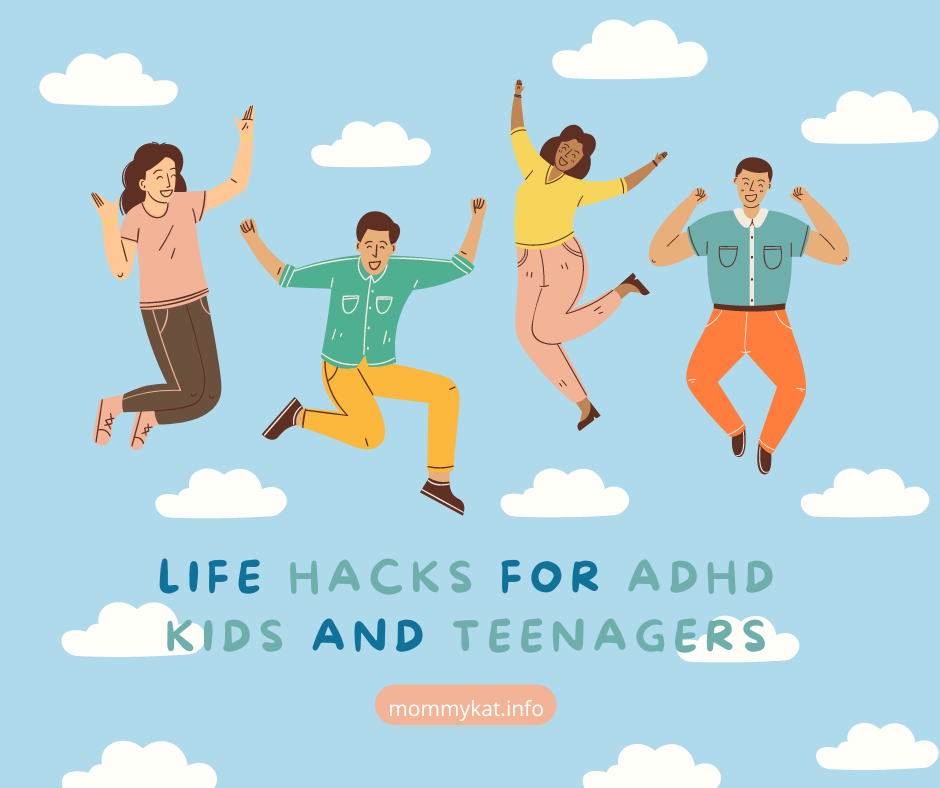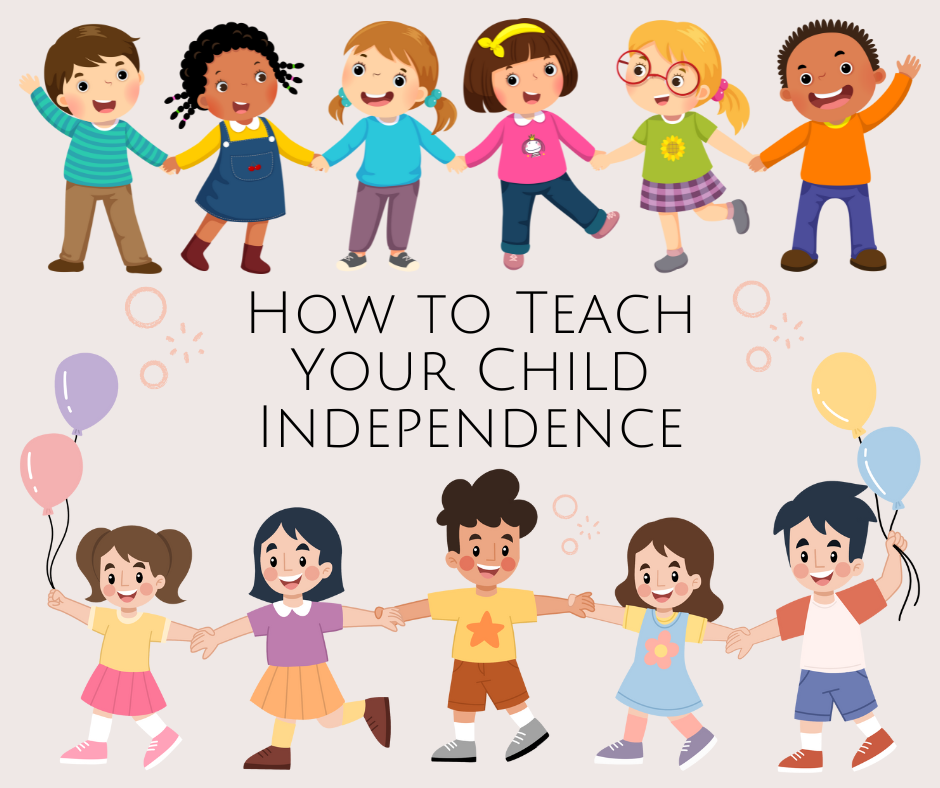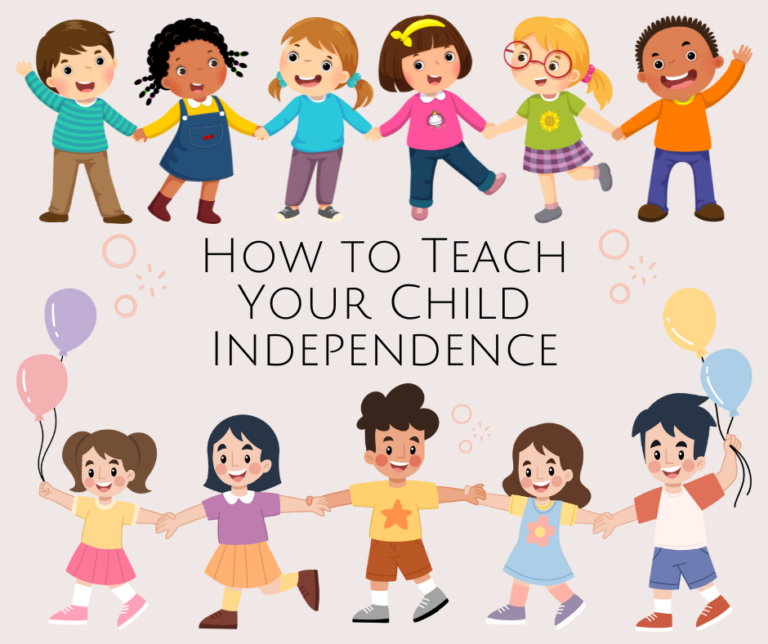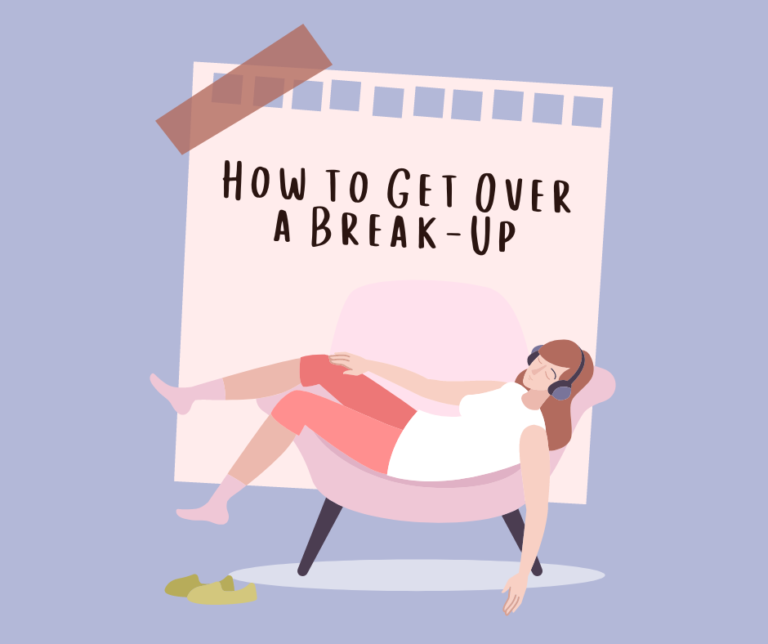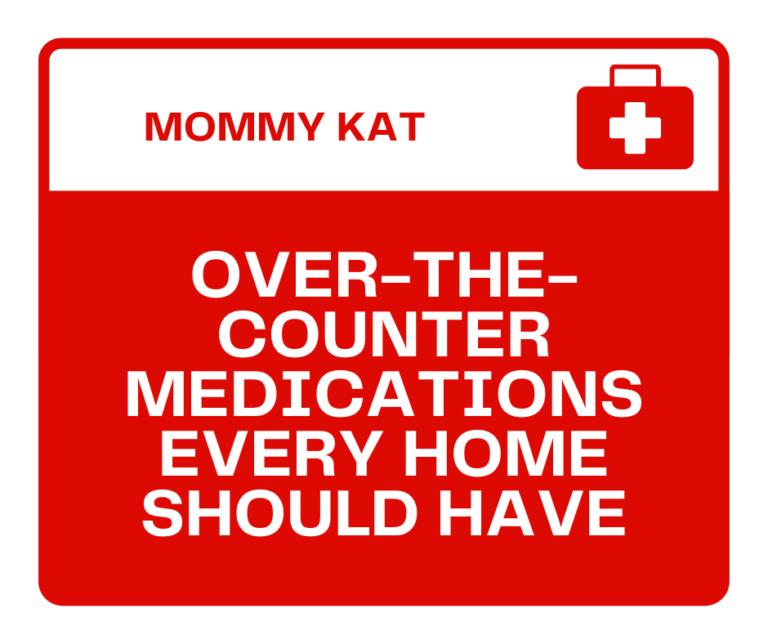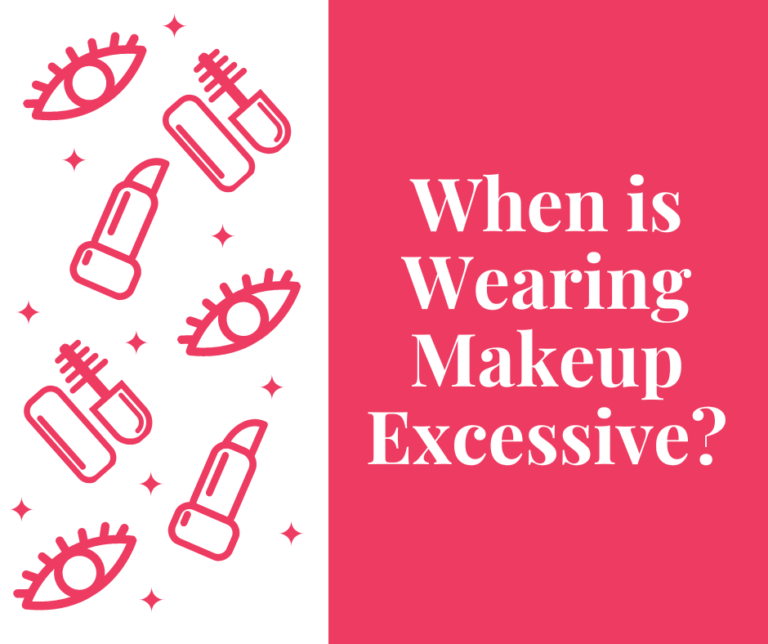ADHD is the #1 neurodevelopmental disorder diagnosed in both children and adults. While getting distracted or losing essential items happens from time to time for most people, a person with ADHD finds it challenging to keep track of things on a day-to-day basis. They may also have challenges following instructions or even sitting still for recreational activities such as watching a movie. Some experts have reported issues with emotional regulation, stating that patients may be more prone to emotional outbursts. This can cause people with this specific disorder to struggle to maintain relationships with others. Some people believe that ADHD should be considered a spectrum disorder like autism.
If you have an ADHD child, there are several ways you can teach them better coping skills with or without medication.
Break tasks down.
People with ADHD people are often startled by big tasks. Consider utilizing a sizable wall calendar to help a child remember their obligations. By color-coding their chores and other essential tasks, your youngster can avoid being overburdened with household duties and academic assignments. Even morning rituals must be divided into distinct responsibilities.
Use color coding.
Even if you have an older child who thinks this is a childish concept, bear with us here. No matter how old you are, color coding helps. Choose a color for each of your child’s school subjects. That way, they won’t get mixed up with each other.
Use tracking devices.
Use AirTags or other GPS devices for your child’s essential possessions, such as their wallet, backpack, etc. If you have any younger child, even one who does not have ADHD, it’s an excellent idea to keep some GPS item on them at all times in case they get lost.
Encourage healthy eating habits.
Numerous hyperactive children lack enough magnesium. Ensure your child gets enough protein, magnesium, omega-3 fatty acids, zinc, and vitamin B-12, which helps battle depression. Instead of using supplements, try receiving these nutrients from whole foods. My son started getting Omega-3 from fish twice a week and a tablespoon of flaxseed oil daily, and we noticed a difference.
Keep those distractions away during studying and sleep time.
Children with ADHD welcome easily accessible distractions. Television, video games, and computers encourage distractive behavior and should be regulated. Social media among teenagers also has a lot of disadvantages. By decreasing time with electronics and increasing time doing engaging activities outside the home, your child will have an outlet for built-up energy.
Don’t use negative vocabulary towards your child.
A child’s confidence can be enhanced by receiving positive feedback. A child with ADHD can believe they are hated or consistently make mistakes, and using unpleasant language to reinforce this can exacerbate disruptive behavior. Parents must find a way to express their worries or concerns because it is impossible to always be optimistic. This could be a therapist, partner, or friend.
Additionally, there are online forums where parents of children with ADHD and other developmental disorders can talk to others going through similar struggles. Just be sure to protect and respect your child’s privacy if you choose to go this route.
